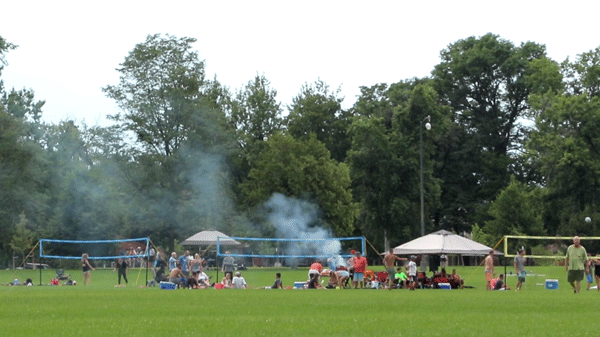Leslie MacRossie has lived in the Washington Park neighborhood for about 14 years but only recently learned about the area's registered neighborhood organization, the Wash Park East Neighborhood Association.
MacRossie is not the only Denverite just learning about RNOs.
For those who don't know, RNOs are groups recognized by the city as representatives of their community's wants and needs. They're essentially a bridge between the city and residents. You can find the RNOs near your home here.
Denver passed the Registered Neighborhood Organization ordinance in 1979, creating guidelines on how the groups are formed, how they interact with the city and how the city interacts with them. RNOs are required to have set boundaries and public meetings. City departments, such as Community Planning and Development, are required to provide RNOs in advance with information about significant changes in their bounded areas.
There are close to 200 RNOs across Denver's 78 neighborhoods and all of them are not even close to being the same nor do they do the same things for their respective areas.
Since learning about WPENA, MacRossie has become the organization's Events Chair, tasked with creating get-togethers and spreading awareness, which is beneficial for the group's finances. MacRossie said there are about 3,000 homes in the WPENA boundary but only about 300 households are active paying members.
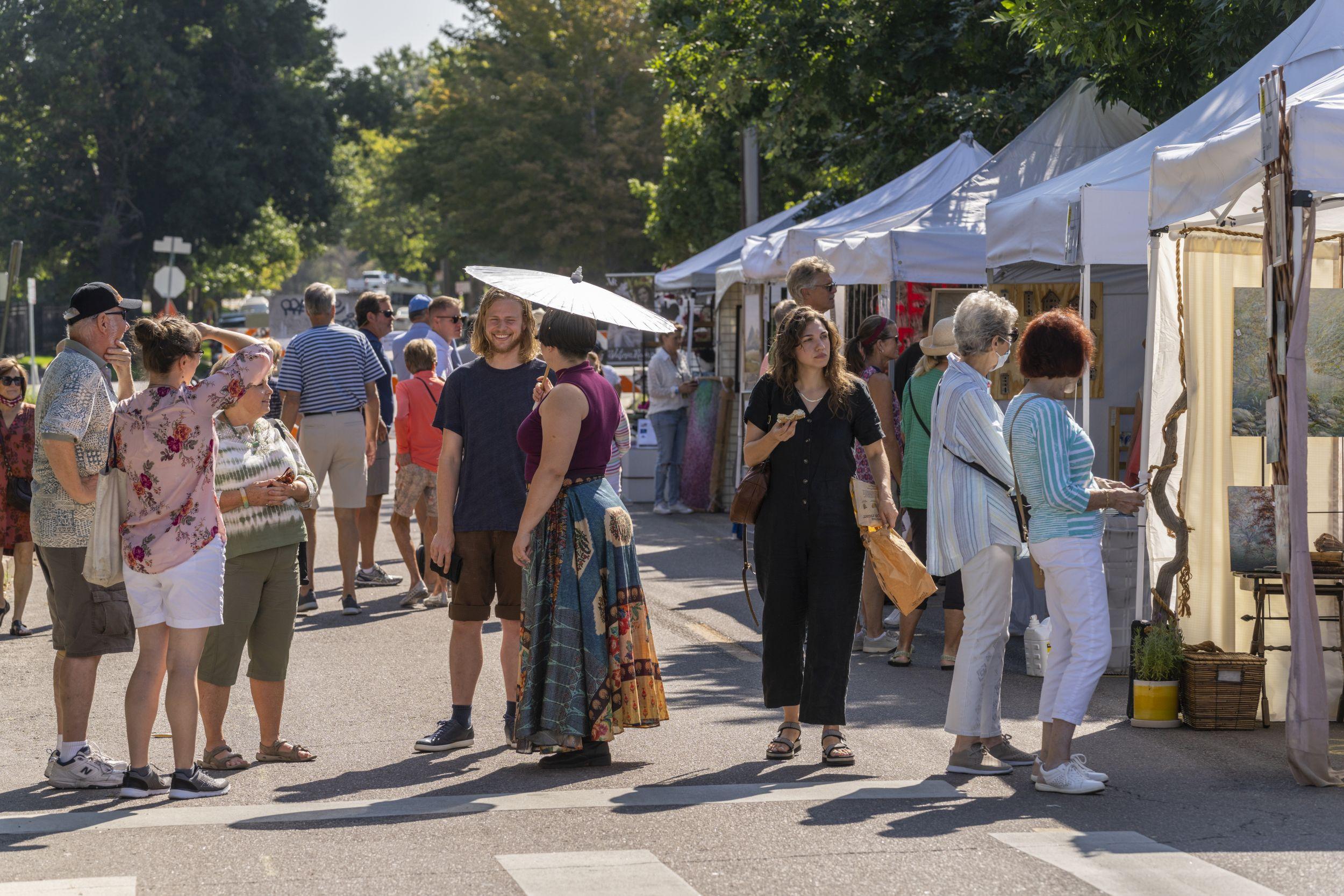
Anybody can attend WPENA events, but they can also join the group at an annual fee of $20 per household.
But therein, MacRossie said, lies the catch-22. Funding comes from memberships, and to get memberships you need funding for events.
"We are here to help our neighbors, disseminate information and give them a platform to talk about issues," MacRossie said. "But I think in general people just aren't aware that RNOs exist in their community...If we have more events, raise more awareness and get more memberships, we can do bigger events. We can have more community involvement but we're not there yet."
RNOs fundraise for themselves through events or memberships and money can determine how efficient an RNO is at engaging, advocating and representing their communities.
The city doesn't provide RNOs with funding but Councilmember Paul Kashmann thinks it should.
He recently implemented the District 6 Community Benefit Fund for RNOs in his southeast district, which provides grants to the RNOs.
"We created this RNO structure in 1979 and told RNOs here's the deal, we're going to tell you what's going on in the city, we want you to tell your neighbors what's going on, then we want you to tell us what they think. Except, we didn't provide any funding or education to facilitate that information flow," Kashmann said. "So what we have now 43 years later is a patchwork of a couple of 100 registered neighborhood groups.
"Some RNOs function at a high level and some barely function."
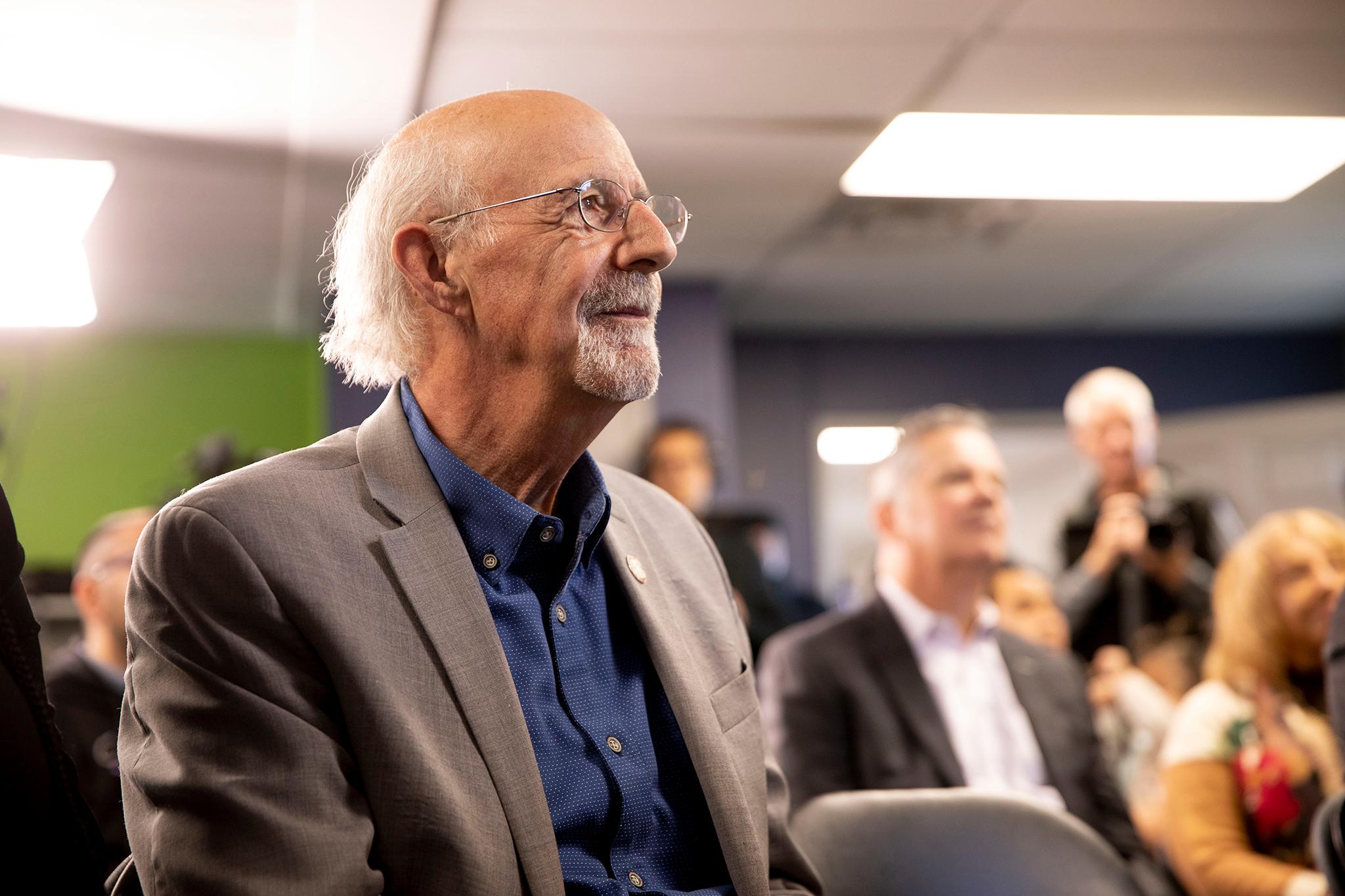
Through the Community Benefit Fund program, which comes out of District 6's budget, RNOs could apply for up to $2,000 in funding for events or projects that "build community in the neighborhoods." According to the application, projects that included "outreach efforts to inform and expand RNO participation, community social events, neighborhood cleanup projects, concerts/fairs/festivals, resident assistance projects (food banks, etc.)" were highly considered.
So far, Kashmann said the program has been a success and about seven RNOs in his neighborhood have received anywhere from $1,000 up to the max of $2,000, including WPENA.
MacRossie said once the organization heard about the potential funding, they jumped at the opportunity. They applied for the full amount so they could work on a new website and branding opportunities.
"We were super excited to learn about the funding because we had already recognized the fact that our website was antiquated and wasn't serving its purpose. And our logo no longer represented Wash Park East," MacRossie said. "The cost I was quoted was about $7,000. Then we heard about the funding opportunity and we immediately agreed as a board to fill out the application."
MacRossie said the application process was one of the easiest forms to fill out, especially from a city standpoint.
Ed Hornung and Maggie Janco from the Cook Park Neighborhood Association had similar sentiments.
"It was easy on purpose," Janco said. "Compared to the permitting process we go through for events - which is worlds harder."
Hornung joined the RNO about eight years ago and recruited Janco five years ago. Both joined in an effort to be aware of what's going on in their neighborhoods. (The Cook Park RNO covers portions of Virginia Village, Washington Virginia Vale and Indian Creek.)
The Cook Park RNO received $1,500 with the bulk of it going toward their biannual printed newsletter, which Hornung said is a vital communication and financing tool.
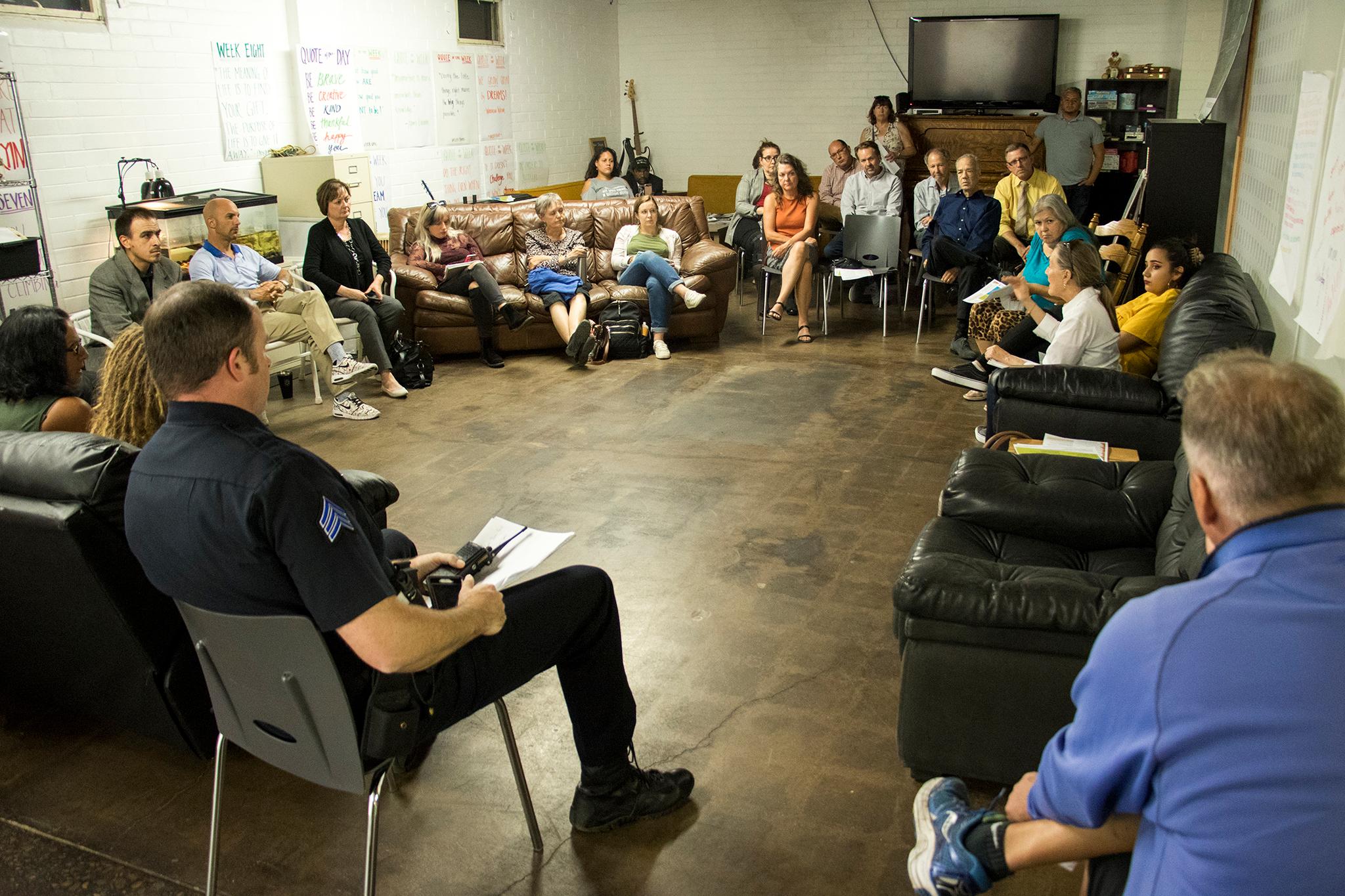
The Cook Park RNO doesn't have monthly or yearly dues, Hornung said. They receive their funding through advertisements in the newsletter.
"That newsletter goes out to every single household twice a year, approximately 2,000 households," Hornung said. "It lets everyone in the community know what we're doing. Without that funding, we wouldn't have a newsletter."
Janco added, "We tried to go electronic but it became clear that not everyone would click on the link. If you get it at your door, you're more likely to look at it."
Some of the funding was also used towards the Cook Park Neighborhood Nights, a series of summer events featuring local food trucks.
Hornung said the events are also another tool to engage with residents. Typically about 15 people show up to Cook Park meetings, but the events, Hornung said, see upwards of 100s neighbors.
"It's become clear that these events are what bring people out, and we have to focus our energy on planning those. It's nice not to have to worry about the funding as much," Janco said.
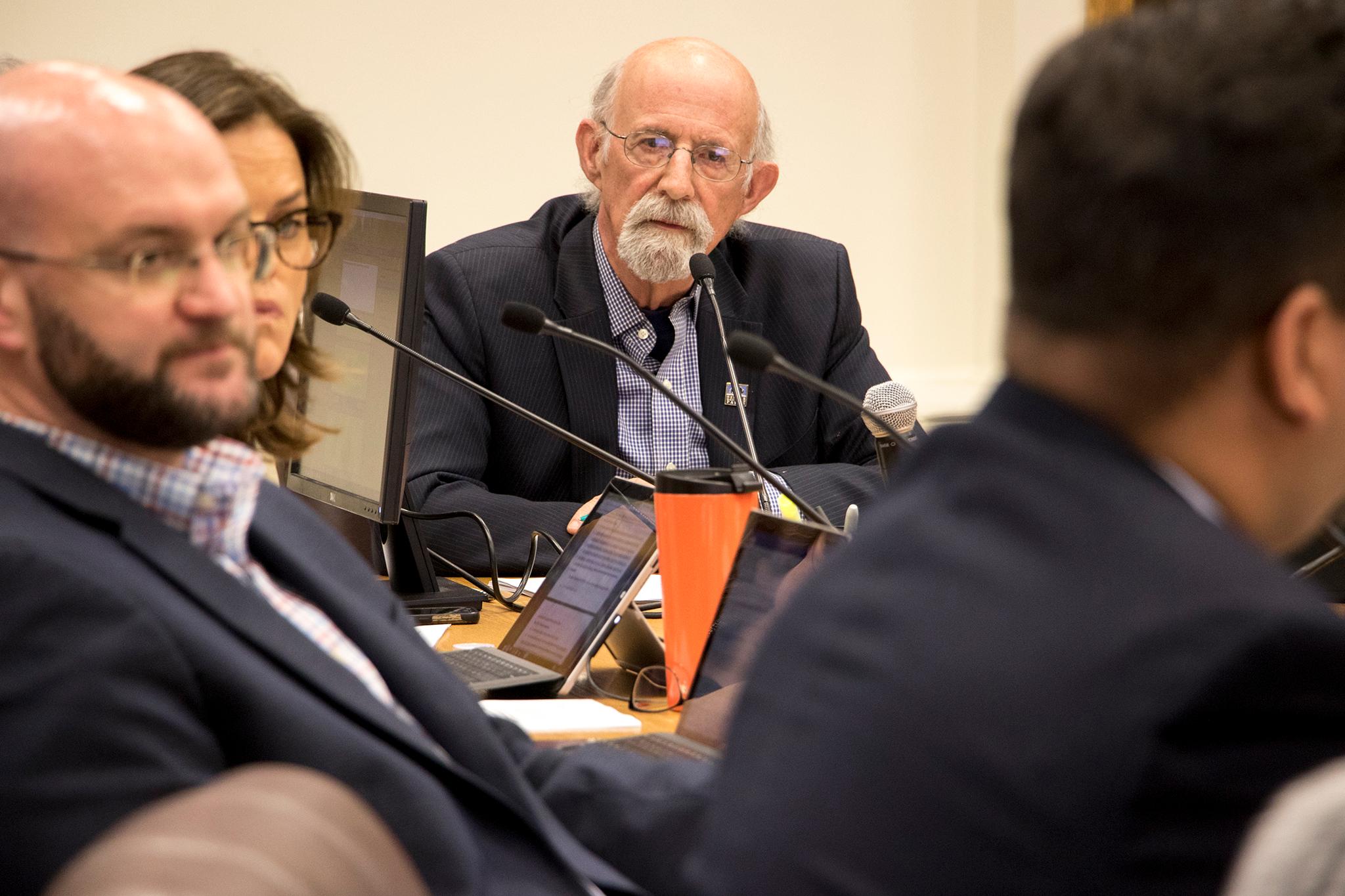
Kashmann is hoping his Community Benefit Fund could spread across the city, but first it'll need a department to run it.
Kashmann is envisioning an office of community empowerment, which focuses on working with RNOs to promote more civic engagement and awareness. Kashmann said neighboring cities such as Seattle and Los Angeles have these departments and provide financial funding to their RNO equivalents.
For example, Los Angeles' city government has a Department of Neighborhood Empowerment which runs EmpowerLA, a subsection that focuses on the city's 99 Neighborhood Councils.
Each year, each council is awarded $32,000 to support their efforts.
Kashmann said obviously Los Angeles is a bigger city with a bigger budget. But something similar would work in Denver, ultimately increasing engagement and ensuring equity amongst the RNOs, so no organizations function at a better standard because of their economic status.
Kashmann said the city is currently researching his proposal. Hopefully by the end of a year, that research can be presented to city officials.
In the interim, he said he'll continue providing funding for the RNOs in his area and they're grateful for it.
"There's so many different communities with so many different needs. I think we should really come from a collaborative approach," MacRossie said. "We're all in this together. To me, an RNO is a micro element in the bigger picture of the city of Denver where we all want to have a great workplace and living place. If there was someone as a liaison between the city and all the RNOs, that would be great."

